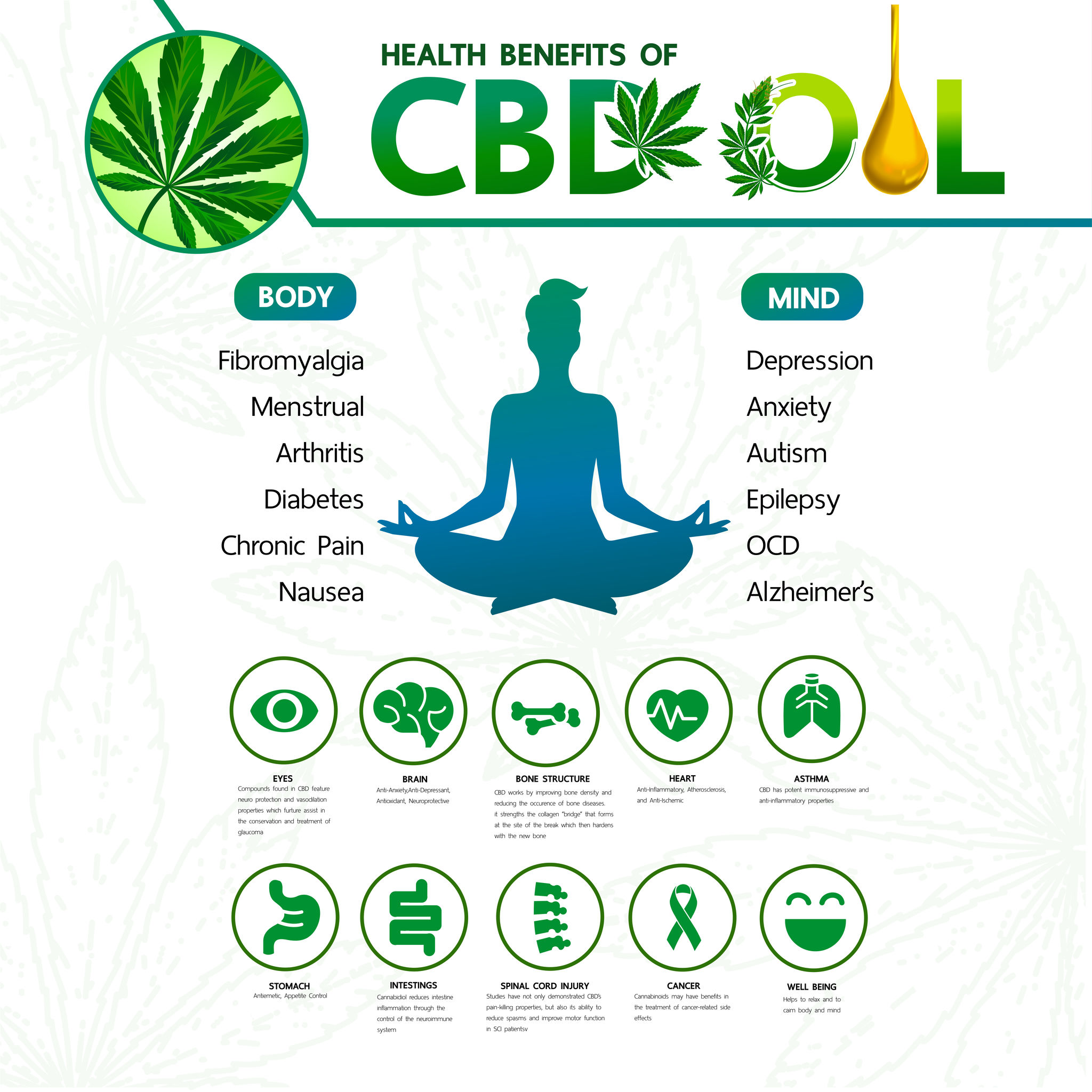
The first thing you ask yourself when you think about cannabis is "How long does it last in your system?" In short, it depends on the person and the amount. It can be in your system for up to 3 days. Or for up to a whole month. You could have it in your urine up to 29 days after you get it.
THC is a lipid-soluble compound
THC can be found in lipid-soluble molecules, meaning it is readily stored in fat tissue in your liver, brain, and renals. It is then metabolised and excreted, mostly through the feces. It takes several days for THC to be eliminated from the body. However, alcohol and other water-soluble chemical are easily eliminated. A typical alcohol intake will disappear within six hours. A single dose of THC can take up to seven days to get out of the blood. However, most of the drug is eliminated through the kidneys or intestines.

It leaves the body in 3 or more days.
A urine drug test can be used to determine the length of time cannabis remains in the body. This test measures the presence of THC COOH, a metabolite. While a short-term use of marijuana may last for three days, a more regular use can last for up to a month. If a positive test is done, it's not a good idea to risk losing your job.
It can even be detected in urine for as long as 29 days
THC will remain in the urine for up to 29 consecutive days for a thin girl who has smoked marijuana. The metabolites of THC stay in the body for longer, and they are easily detected in urine. A skinny girl will have less of the psychoactive compound THC than someone who smokes an entire gram every day.
It can be detected in the urine for up 24 hours
The amount of cannabis metabolites in your urine and the frequency you use it will affect how long they are detectable. For example, if you are a daily cannabis user, you might be detectable for as long as 30 days after the last time you smoked. The detection window for casual users is much shorter, and can range from a few hours to several days.

It can be detected in saliva up to 24 hours.
It is dependent on each individual how long it takes for marijuana detection to occur in the body. For example, a skinny girl may be able to detect weed in her saliva for up to 24 hours if she was smoking weed just a few hours before the test. The amount of marijuana smoked and the content of the saliva sample will affect the time taken to detect the presence of weed in the body. The body may detect marijuana quicker if the user has a faster metabolism.
FAQ
How big is the global CBD industry?
The global CBD market was valued at $US 3.5 billion in 2015, according to Euromonitor International. This is more than 10% higher than 2014
This figure is expected to grow at an average rate of 12% by 2020.
CBD products are expected to account for around half of all hemp-derived products sold globally by 2020.
This includes CBD oils.
What CBD products sell the most?
CBD products are everywhere these days. They can be used for anything, including pain relief or anxiety. The market is vast and growing rapidly.
But why do people purchase CBD? And what does it mean for you, as a brand owner?
Well, according to Statista, CBD products are being bought for their relaxing effects. They are also being purchased for their anti-inflammatory properties.
This means that if your product has both CBD and THC, then it can be sold for both recreational and medicinal purposes.
But what about brands who are focused on one purpose only? A company selling CBD for stress relief is an example of a brand that will not be challenged.
Additionally, a brand that focuses solely on CBD for medical purposes will enjoy a large customer base.
However, a brand that wants to target recreational customers must develop a unique selling message (USP). A USP can be described as a unique selling proposition (USP) that is unique to a brand.
For instance, some brands offer free shipping and others offer discounts on bulk orders.
Can CBD be a part of the future?
The answer is yes. The answer is no, not because of its medicinal benefits, but because it helps people feel better without getting high.
It doesn't make any difference to your feelings when you use it, making it an ideal alternative to prescription medication.
Studies have shown that cannabis is effective in relieving pain, anxiety, depression and insomnia.
Cannabis also contains cannabinoids which interact with receptors in our brains. This interaction can produce feelings of relaxation, well-being, and even a sense of well-being.
Cannabidiol (CBD), oil can be used for health purposes. It's therefore important to fully understand its functions and effects.
How can CBD products sold in a legally compliant manner by companies?
The FDA does not regulate hemp as an agricultural commodity. The Controlled Substances Act regulates all cannabis derivatives, including marijuana. CBD is not covered by any regulations.
CBD is legal in 29 states. However it is still illegal under federal law. This uncertainty is a problem for CBD-product sellers.
The FDA has specific guidelines on how CBD products must be marketed. They must disclose the THC content of any CBD products. Without supporting scientific evidence, CBD cannot be claimed to treat certain medical conditions.
Additional information is required by the FDA regarding manufacturers' manufacturing practices, quality control measures, and other details. Companies are also required to participate in clinical trials in order to demonstrate safety and efficacy.
These factors are crucial for companies to consider when developing their marketing strategies.
What is the future in CBD?
The future is bright for the CBD industry. It is easy to see why this sector is so popular. It's easy to see why this market is growing exponentially, with CBD products generating over $1 billion in global sales.
Statista reports that in 2019, global sales of CBD (cannabidiol) are expected to exceed $22.4 Billion. That's almost 200% more than in 2018!
It is also expected that the CBD market will grow at a compound annual growth of 22.5%. That would translate to approximately $6.8 million in revenue by 2020.
This is good news for both companies that want to enter the CBD market and those who are already in this sector. However, we must be aware that the CBD market is still very much in its infancy and will face some challenges along the way.
Statistics
- A recent systematic review of human trials also reported that individuals with epilepsy receiving CBD (5–20 mg·kg−1·day−1) were more likely to experience decreased appetite than those receiving placebo (i.e., ~20 vs. 5% of patients) (ncbi.nlm.nih.gov)
- As a substance that was federally illegal before the passage of the 2018 Farm Bill, hemp-derived cannabinoids with no more than 0.3% THC still face a regulatory grey area. (forbes.com)
- OralWhere HED is the human equivalent dose, and Km is a correction factor estimated by dividing the average body mass (BM) of the species (60, 0.020, and 0.150 kg for 11 humans, mice, and rats, respectively) and by its surface area (see: Nair et al. (ncbi.nlm.nih.gov)
- CBD seems unlikely to directly influence sleep in healthy humans [115] (and maybe “sleep-promoting” in those with certain comorbid conditions) (ncbi.nlm.nih.gov)
- HR −16 mmHg; 95% CI −26, −6; I2 = 92%) (ncbi.nlm.nih.gov)
External Links
How To
What are the main issues with the CBD industry.
The current market for CBD-based products is expanding at a phenomenal rate. However, this market is still full of challenges for businesses that want to expand. These include a lack consumer awareness, high-cost entry, limited access capital and regulatory uncertainty.
Many consumers don't understand what CBD is and how it works. This means that consumers are unable make informed decisions about purchasing CBD products.
Most CBD companies rely heavily upon word-of mouth marketing. This is expensive because it requires paying for advertising and hiring staff to promote their brand.
The high production costs are another issue that new entrants to the CBD industry face. It is very expensive to obtain the raw materials required for CBD products. CBD oil is made from hemp that has been grown in particular climates.
It takes approximately $1,000 per acre to grow enough hemp to process into CBD oil. Many small farmers can't afford to begin.
A lack of capital access is another problem that CBD market newcomers face. Because of the stigma associated with this industry, many people are discouraged from opening a business.
Last but not least, there is regulatory uncertainty regarding the sale and distribution of CBD products. There are currently not clear guidelines as to how CBD products should marketing.
While some states have passed legislation restricting CBD products' sale, it has not been adopted as a national policy.
Only two states, Nevada and Maine, have yet to legalize recreational marijuana.
Massachusetts and Michigan are however considering similar measures.
These changes could increase competition among CBD manufacturers.
These factors lead to many entrepreneurs choosing to work from their home instead of starting a physical company.